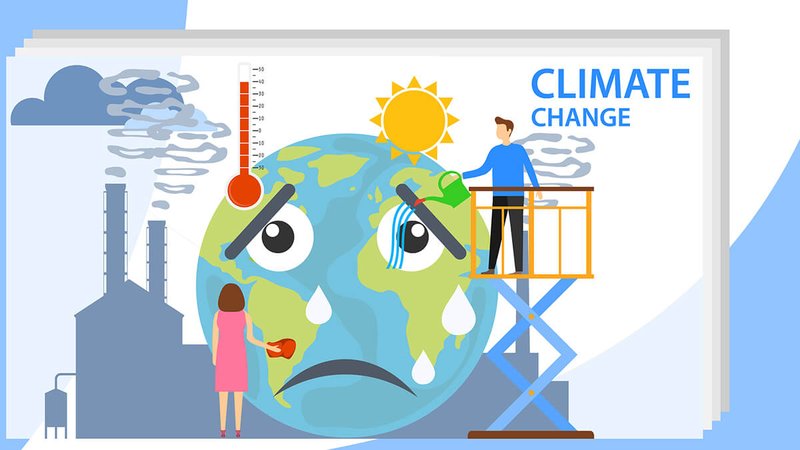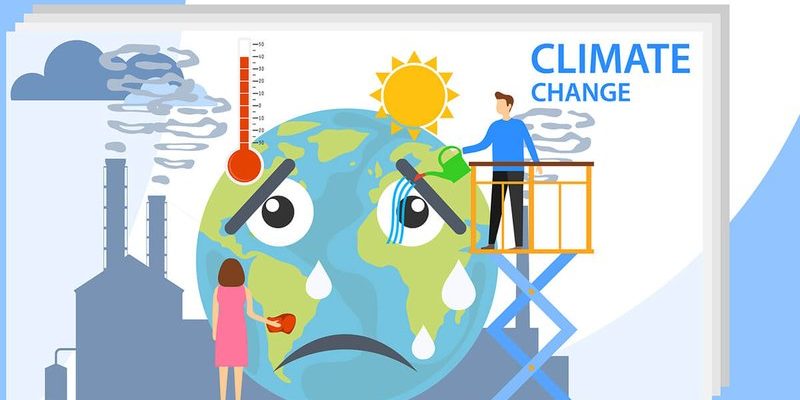
Imagine the ocean as a giant jigsaw puzzle. Each piece is interconnected—if one piece shifts, others must change to fit. That’s what’s happening with cod and climate change. As the waters warm, cod are being affected in ways that not only impact their lives but also the livelihoods of those who depend on them. Let’s dive deeper into how these changes unfold and why they matter to all of us.
Understanding Cod and Their Habitat
Cod are typically found in cooler waters, particularly in the North Atlantic, where they thrive in temperatures between 2°C and 10°C (36°F to 50°F). These fish are not just swimming around aimlessly; they play critical roles in their ecosystem. They’re important predators, keeping populations of smaller fish in check. To put it plainly, cod help maintain balance in marine life, much like a keystone in an arch.
However, cod aren’t just fish; they’re also an essential resource for many coastal communities. They provide food, jobs, and cultural significance. For instance, in places like New England, cod have been integral to fishing industries for centuries. But as climate change creeps in, these fish face hurdles that threaten their existence.
How Rising Ocean Temperatures Impact Cod
Here’s the thing: as global temperatures rise, so do ocean temperatures. Even a slight increase can have big consequences. For cod, warmer waters can disrupt their breeding patterns and migration routes. You might be wondering, “Why does this matter?” Well, when cod can’t breed effectively, their populations dwindle, which can spiral into serious consequences for both the ecosystem and fishermen.
In addition to breeding, warmer waters can push cod to migrate toward cooler regions. This shift is particularly concerning for fishermen who rely on cod for their livelihood, as traditional fishing areas may no longer yield the same results. Imagine if your favorite coffee shop suddenly ran out of your go-to brew because the beans came from a faraway land. That’s essentially what’s happening with cod.
Changes in Food Sources
Cod are predators, meaning they need to eat other fish to survive. As climate change alters ocean temperatures, it also affects the smaller fish and plankton they eat. Warmer waters can lead to shifts in these food sources, making it harder for cod to find what they need to thrive.
Take the example of herring and mackerel—two fish that are common meals for cod. If these fish start migrating to cooler waters, cod might find themselves struggling to get enough food. Without adequate nutrition, their growth and reproduction rates decline, leading to dwindling populations. In short, if the food is gone, so are the fish.
Overfishing: A Double Whammy for Cod
Now, let’s talk about overfishing, which is like throwing extra hurdles in front of an already struggling athlete. Cod stocks have been overfished for decades, leading to significant declines in their populations. This overfishing problem is worsened by climate change, which already adds stress to these fish.
When fish populations dip due to overfishing, it becomes even harder for them to recover. The combination of climate change and overfishing creates a perfect storm that threatens the future of cod. Fishermen may find it increasingly difficult to catch enough fish, which can lead to economic hardship for entire communities that depend on them.
Shifts in Migration Patterns
Migration is a natural part of a cod’s life. They usually travel to spawn in specific locations. With climate change altering the marine environment, these migration patterns can change, too. Picture this: if the roads you usually took to work were suddenly closed off, you’d need to find other routes. That’s what cod are facing in their oceanic journeys.
As waters warm, cod are moving northward to find the conditions they need for breeding and feeding. Areas that once thrived with cod are now barren, and new areas that could support them may not yet have the necessary habitat structure. This shift not only affects cod but also the entire marine ecosystem and fishing industries in those regions.
The Economic Impact on Fishing Communities
When cod populations decline or shift, it doesn’t just affect the fish; it echoes throughout the communities that rely on them. Local economies, driven by fishing, can take a huge hit. Fishermen might find their nets coming back empty, impacting their families and communities.
Think about a small-town diner that serves cod dishes. If fishermen aren’t catching cod, they can’t stock the kitchen. This ripple effect can lead to job losses, decreased tourism, and reduced income for local businesses. Honestly, it’s a tough time for many communities that have relied on cod for generations.
Future Solutions and Sustainability Efforts
While the challenges facing cod due to climate change are daunting, there are glimmers of hope. Sustainability efforts are gaining traction, aiming to ensure healthy fish populations and ecosystems. Various organizations and governments are working together to implement better fishing practices and protections.
For instance, establishing marine protected areas can provide safe havens for cod to spawn and recuperate. Better management of fishing quotas and seasons can also help keep populations stable. It’s like giving the fish a chance to catch their breath in a world that’s moving too fast. We can still protect our oceans, but it requires commitment and cooperation from everyone involved.
Why We Should Care
You might be wondering why any of this matters to you personally. Well, the health of cod populations impacts the entire marine ecosystem, which ultimately affects food security, economy, and our planet. If we let climate change and overfishing take their toll on cod, the effects will ripple outwards, impacting biodiversity and our daily lives.
Imagine a world where seafood is scarce, prices skyrocket, and beloved dishes disappear from menus. By caring about the future of cod and taking steps to mitigate climate change and overfishing, we’re not just helping fish—we’re securing our future, too.
In conclusion, the challenges facing cod due to climate change cannot be ignored. As the world continues to warm, it’s more important than ever to understand how these changes impact not only cod but the broader ecosystem and human communities. By supporting sustainable practices and advocating for change, we can all play a part in preserving our oceans and the incredible life within them.

